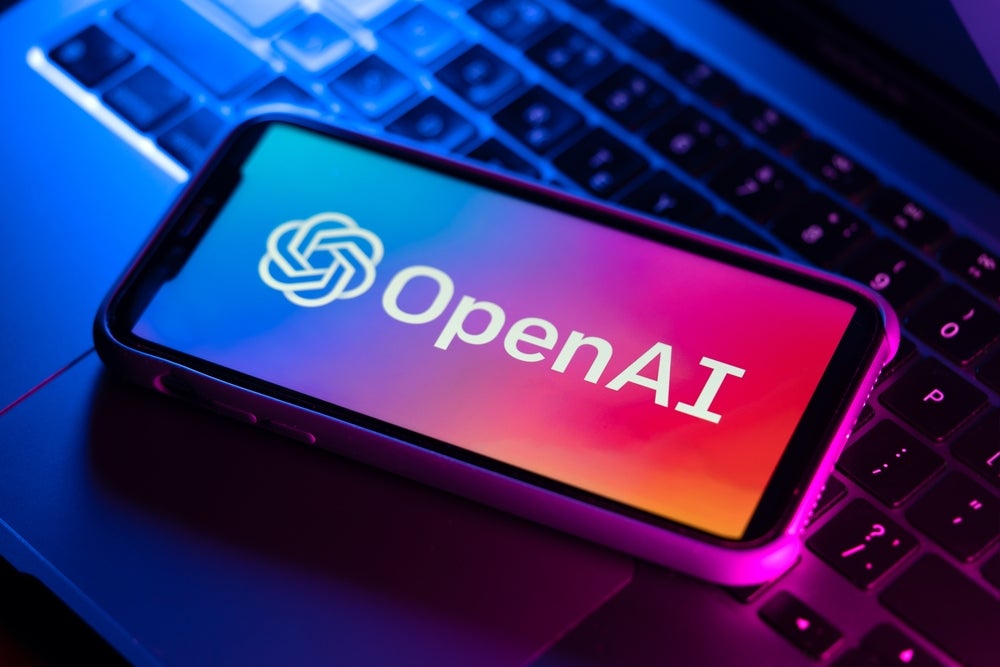OpenAI Weighs Special Voting Rights Amid Musk’s Acquisition Challenge
In recent months, the tech world has been buzzing with developments surrounding OpenAI and its strategic maneuvers in light of Elon Musk’s acquisition challenges. With Musk’s reputation as a bold entrepreneur and his significant influence in the tech industry, OpenAI finds itself at a crossroads. The organization is considering implementing special voting rights to protect its mission and operational integrity. This potential shift could significantly reshape the dynamics of unsolicited bids in the technology sector.
The Context of OpenAI’s Decision
OpenAI was established with a clear mission: to ensure that artificial intelligence benefits all of humanity. Their commitment to ethical AI development has attracted attention and investment, but it has also placed them in a vulnerable position. Elon Musk, one of OpenAI’s co-founders, has been vocal about his concerns regarding AI’s potential risks. However, his recent moves to acquire a stake in OpenAI have raised eyebrows and sparked debates about the future of the organization.
The tech industry is no stranger to unsolicited acquisition bids. However, the challenge OpenAI faces is unique due to its foundational philosophy. The organization’s leadership is acutely aware of the implications that a change in ownership could have on its mission. Therefore, the proposal for special voting rights is not merely a defensive strategy; it’s a proactive measure aimed at preserving the integrity of their vision.
Understanding Special Voting Rights
Special voting rights are a mechanism that can empower certain stakeholders within an organization to have greater control over decision-making processes. In the context of OpenAI, these rights could be granted to existing members of the board or key stakeholders who align closely with the organization’s mission. By doing so, OpenAI aims to ensure that any strategic decisions, including potential acquisition offers, are made with careful consideration of its long-term goals.
Some potential features of these voting rights could include:
- Weighted Voting: Giving specific board members or stakeholders more votes based on their contributions to the organization.
- Protective Clauses: Implementing clauses that require a supermajority for decisions that could significantly alter the organization’s direction.
- Transparency Requirements: Mandating that any acquisition proposals be disclosed and discussed openly among stakeholders before any decisions are made.
The Implications of Special Voting Rights
The decision to pursue special voting rights carries profound implications for OpenAI and the tech industry as a whole. Here are some key aspects to consider:
1. Strengthening Governance
By establishing special voting rights, OpenAI can reinforce its governance structure. This move aims to ensure that the organization remains true to its ethical commitments, particularly as it navigates the tumultuous waters of rapid technological advancement and market pressures.
2. Setting a Precedent
If OpenAI successfully implements this strategy, it could set a precedent for other tech companies facing similar unsolicited acquisition challenges. The tech industry could see a shift towards more protective governance structures, encouraging companies to prioritize mission alignment over rapid growth or financial gain.
3. Attracting Ethical Investors
Investors who are aligned with OpenAI’s mission may find this governance model appealing. Special voting rights could create a sense of security for investors who prioritize ethical considerations, potentially leading to increased funding from like-minded stakeholders.
OpenAI’s reputation plays a crucial role in its operations. By taking a stand against unsolicited acquisitions through special voting rights, the organization could enhance its public image as a defender of ethical AI development. This transparency and commitment to governance may resonate positively with both the public and potential collaborators.
Challenges Ahead
Despite the potential benefits, implementing special voting rights is not without challenges. OpenAI must carefully consider the following:
- Resistance from Stakeholders: Some investors may not be in favor of a governance structure that limits their influence, leading to potential conflicts.
- Legal Implications: The introduction of special voting rights could lead to legal scrutiny, particularly concerning shareholder rights.
- Market Reaction: The tech market is notoriously volatile. Investors may react unpredictably to changes in governance structures, which could impact OpenAI’s financial standing.
Broader Industry Implications
The potential decision by OpenAI to implement special voting rights could signal a larger transformation within the tech industry. As technology continues to evolve, the relationship between companies, investors, and the public is increasingly complex. Companies may need to find new ways to balance profit motives with ethical considerations.
Recent events have shown that the tech industry is not just about innovation; it’s also about trust and responsibility. As stakeholders become more aware of the implications of AI advancements, companies may be compelled to adopt more stringent governance measures. This shift could result in a more ethical landscape where organizations prioritize their missions alongside financial goals.
Conclusion
In a rapidly evolving tech landscape, OpenAI’s contemplation of special voting rights represents a significant and potentially transformative decision. By prioritizing its mission and governance, OpenAI is taking proactive steps to safeguard its future against unsolicited acquisition attempts, particularly those posed by influential figures like Elon Musk. The implications of this decision extend beyond OpenAI itself, potentially influencing governance structures across the tech industry and encouraging a more ethical approach to business.
As we continue to observe these developments, one thing is clear: OpenAI is committed to ensuring that artificial intelligence remains a force for good. The introduction of special voting rights may not only redefine the organization’s trajectory but could also inspire other tech companies to follow suit in their pursuit of ethical innovation.
See more Future Tech Daily

